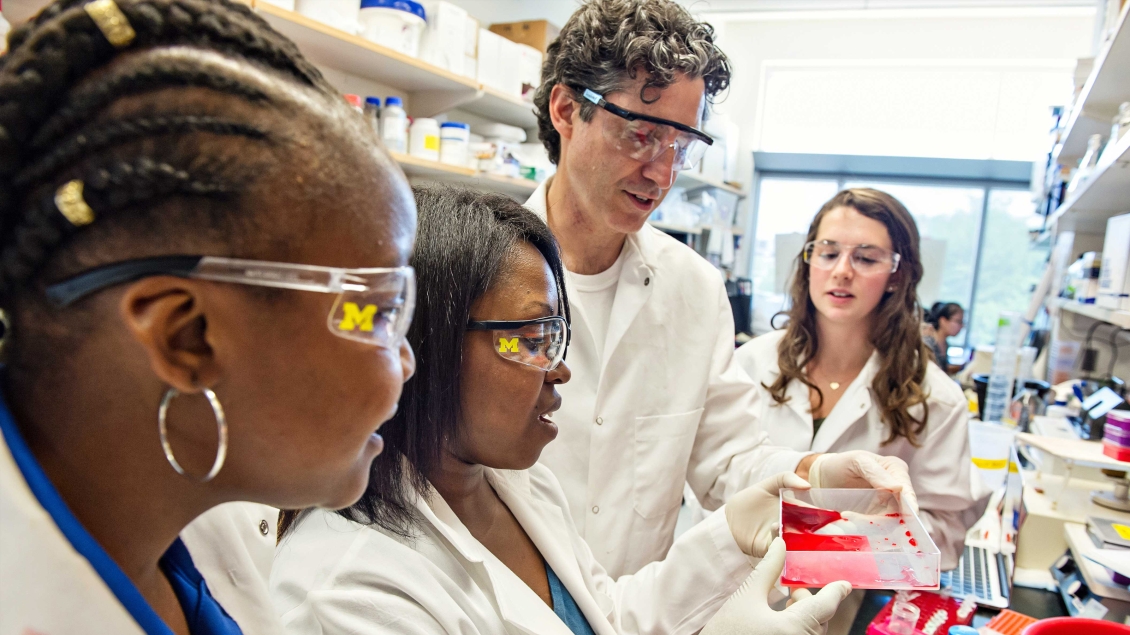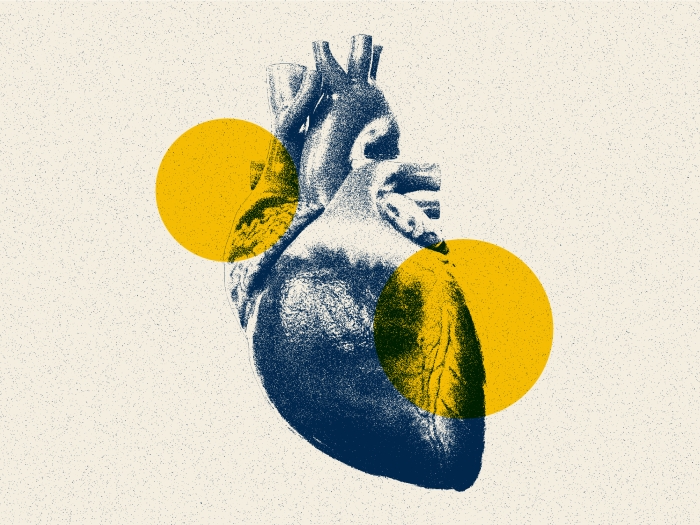-
Allergy & Clinical Immunology -
Cardiovascular Medicine -
Gastroenterology & Hepatology -
General Medicine -
Genetic Medicine -
Geriatric & Palliative Medicine -
Hematology & Oncology -
Hospital Medicine -
Infectious Diseases -
Metabolism, Endocrinology & Diabetes -
Nephrology -
Pulmonary & Critical Care Medicine -
Rheumatology

Division of Cardiovascular Medicine
Advancing the understanding and prevention of cardiovascular disease.
Welcome to the U-M Medical School Department of Internal Medicine Division of Cardiovascular Medicine. Led by interim division chief, John Bisognano, MD, PhD, the division is comprised of more than 120 faculty and 34 fellows dedicated to treating, preventing and understanding rare and complex heart conditions.
Our division is comprised of more than 120 faculty and 34 fellows dedicated to treating, preventing, and understanding rare and complex heart conditions.
University of Michigan Health was named among the nation’s best hospitals and nationally ranked in twelve specialties, including cardiology, heart & vascular surgery, which was also recognized as best in Michigan.
Resources and information for current Cardiovascular Medicine faculty, staff and learners.
The Department of Internal Medicine Division of Cardiovascular Medicine is committed to creating and cultivating a diverse and inclusive community that provides our faculty, learners, and staff with the opportunities and support they need to thrive.
View a list of upcoming Continuing Medical Education (CME) opportunities available through the Department of Internal Medicine.






